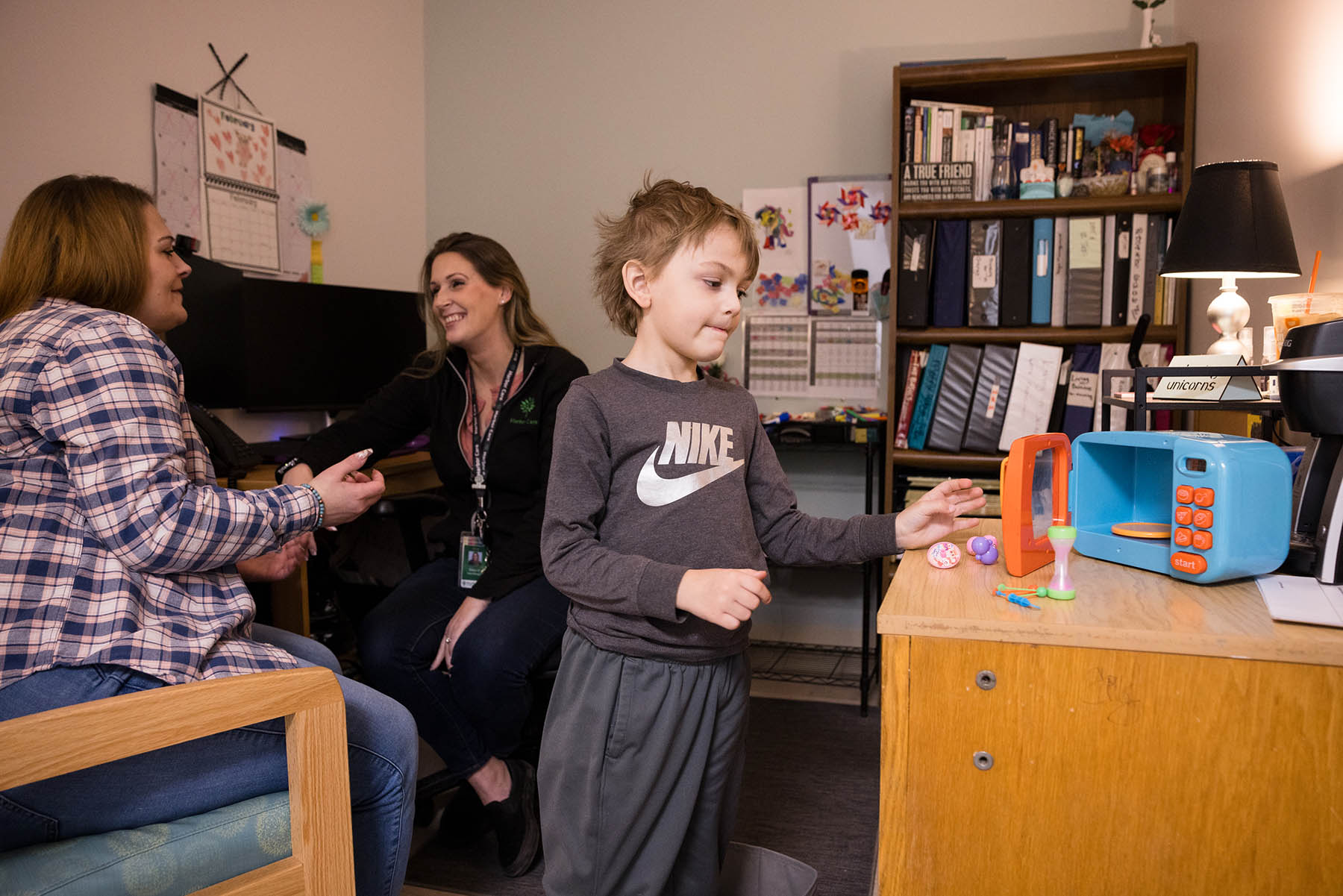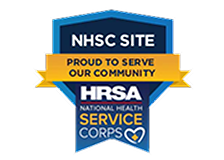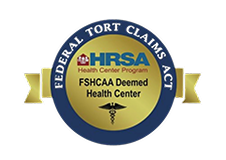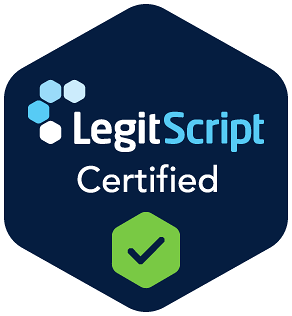Housing at Harbor Care
Finding the right housing solution isn’t one-size-fits-all. At Harbor Care, we specialize in creating tailored housing pathways for individuals with unique needs. While we can’t be everything to everyone, we excel at connecting people with housing options that provide stability, support, and dignity.
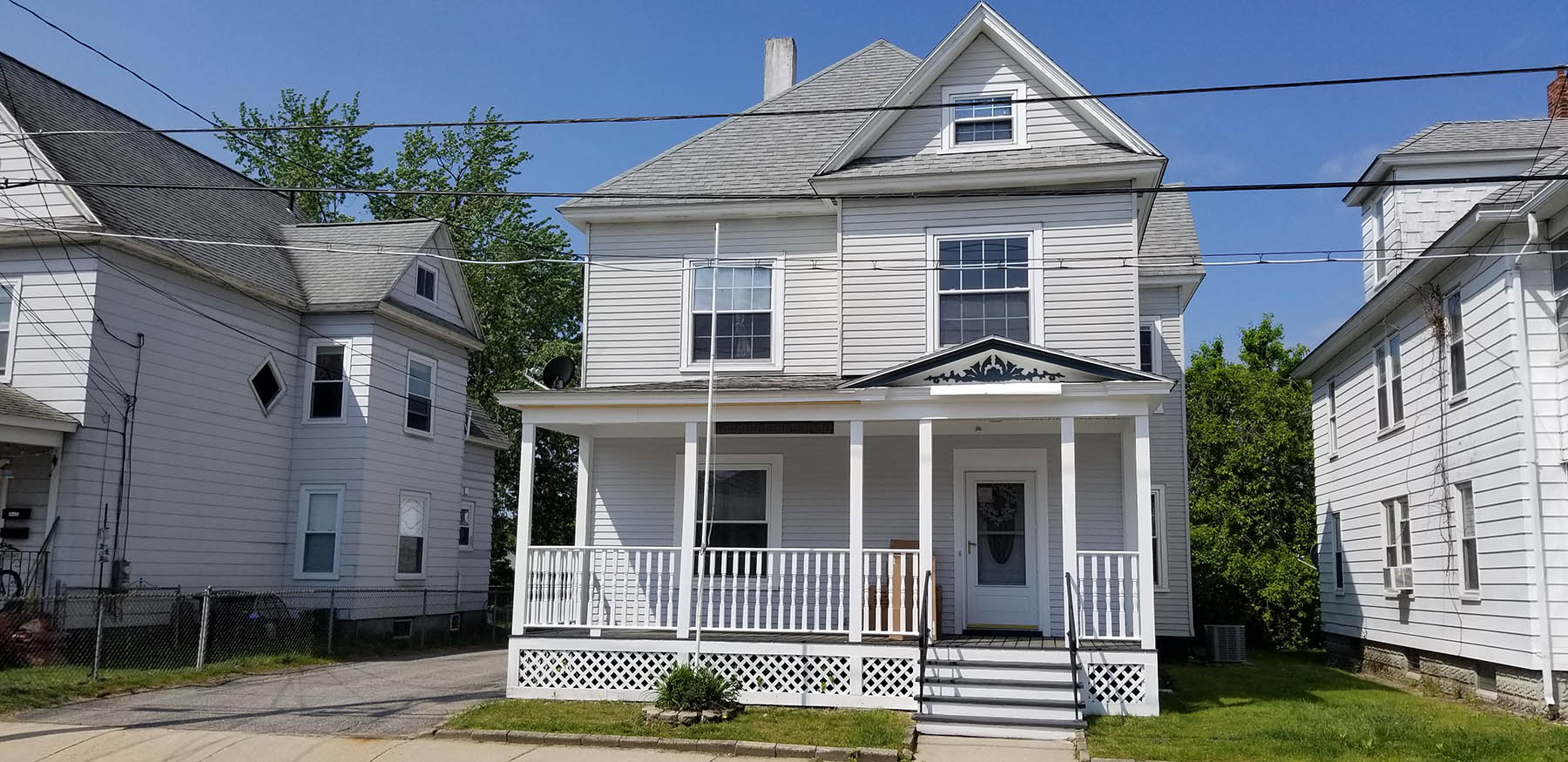


Who We Serve
How to get help with housing
Permanent Housing
Permanent housing is long-term, affordable housing with support services for those facing chronic homelessness or with a disability, ensuring stability and independence.
Harbor Care offers Permanent Supportive Housing.
Emergency Housing
Emergency housing is temporary indoor accommodations for people who are homeless or at risk of becoming homeless. It’s intended to address basic needs like food, clothing, health, and personal hygiene.
Harbor Care does not offer emergency housing.
Transitional Housing
Temporary housing helps people experiencing homelessness move into permanent housing. Transitional housing is designed to help people move into permanent housing within 24+ months.
Harbor Care offers transitional housing for veterans.
Supportive Housing
We understand that housing is not just a standalone service. Our goal is to support
everyone we help to get on a path to independence. Housing options include our recovery houses and the Cynthia Day Family Center.

Program Participant Spotlight

After decades as an executive chef, Jack’s life unraveled due to alcoholism, gambling, and homelessness. A major heart attack finally pushed him toward change. Through Harbor Care, Jack found support, sobriety, and stable housing. Now sober, Jack volunteers as a cook, receives medical care, and has reconnected with his family.
“Your best bet is Harbor Care. They’re wonderful people who will take care of you.”
Jack, Program Participant
Available Housing
Click on the link below to see some of our immediate housing openings, as well as qualifying criteria. Housing fills up quickly, so please contact us to discuss your needs and the types of housing that may be available.
You can reach a member of our housing team at (603) 882-3616. Please just ask about the specific property.
